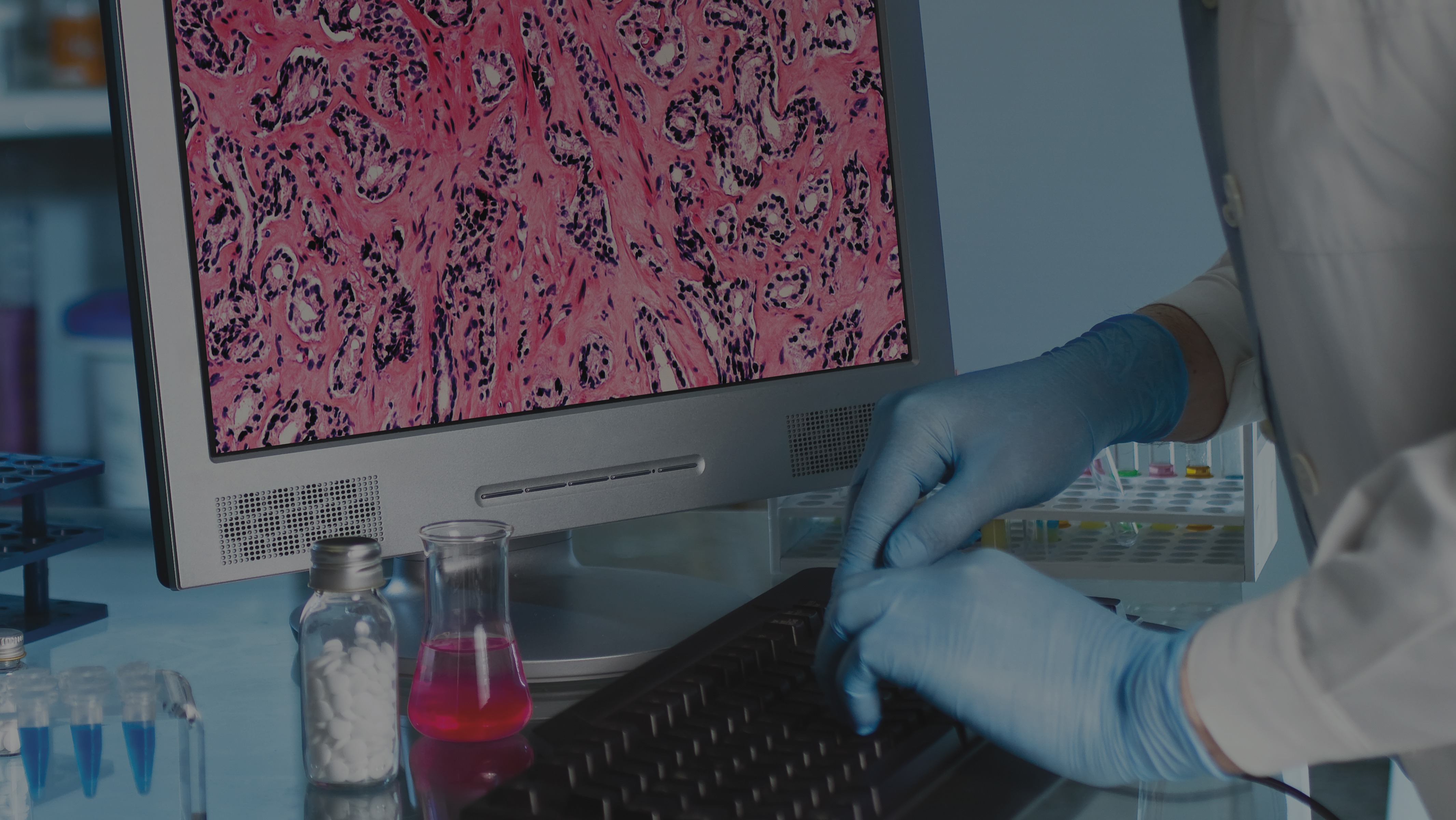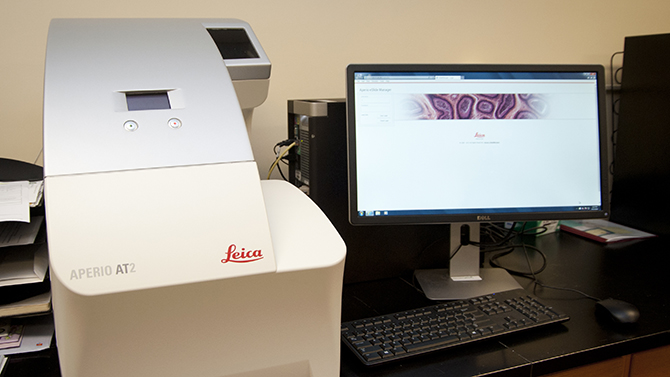
Precision medicine has increased the volume and complexity of workloads, with pathology labs worldwide facing a shortage of skilled staff. The Philips Digital Pathology Suite is the solution that our organization needs to expand our digital pathology capabilities and activate our transformation. “Following the first days of installation, the solution is already proving easy to use, with images generated more quickly, while the quality and sharpness of the images produced is experienced to be superior. We are very excited to leverage the new Philips Digital Pathology Suite, including the Pathology Scanner SG300 and Pathology Workspace with de-identification tools, for each of our sites,” said Stephane Rossat, Director for innovation, science and project management at MEDIPATH, a French Pathology group with a network of 11 technical labs. “MEDIPATH is focused on accelerating the path of augmented pathology by slide digitalization on all our technical platforms. Vendor-agnostic data interoperability also allows the easy sharing of patient-centric histology data across enterprises and between sites. Diagnostic confidence is enhanced by superb image quality and advanced algorithms, such as automatic tissue shape detection and non-rectangular optimization of regions of interest.

#Digital pathology software#
By providing pathologists the interoperability and connectivity to share high-quality images and diagnostic insights across networks, Philips Digital Pathology Suite positions them as key stakeholders in the data-driven healthcare systems of the future.”ĭigital Pathology Suite includes a range of three pathology slide scanners, as well as Pathology Workspace – Image Management System – a comprehensive set of software tools and capabilities that encompass every stage of the digital pathology process, including an advanced image management system, bidirectional interoperability into laboratory information systems, and a case viewer that facilitates multidisciplinary case reviews and care pathway selection. “That’s why bringing together multiple pieces of the healthcare continuum – like radiology, pathology, and genomics – is the key to a new paradigm of diagnostic precision.

"Integrated diagnostic capabilities are a cornerstone to a precise diagnosis and personalized care pathway selection for oncology patients and only when data and specialties work together in harmony can the ultimate promise of care be realized,” said Louis Culot, General Manager Oncology Informatics at Philips. Images are captured in a centralized informatics platform that has been optimized around pathologists’ workflows, integrating with leading third-party AI tools and algorithms with the aim to further reduce laboratory costs and enhance diagnostic capabilities. The hardware is also pre-equipped for multi-layer slide scanning.

From low-volume ‘spoke’ labs or small independent labs, where small batches of slides are continually processed and scanned, to medium and large labs operating high-volume batch processing workflows. Philips Digital Pathology Suite offers a range of solutions designed for different use cases with an affordable cost of ownership. Philips Digital Pathology Suite – IntelliSite – features a comprehensive, scalable suite of software tools and capabilities designed to help streamline workflows, enhance diagnostic confidence, facilitate team collaboration, integrate artificial intelligence (AI) and increase the efficiency of pathology labs. Amsterdam, the Netherlands – Royal Philips (NYSE: PHG, AEX: PHIA), a global leader in health technology, today announced the launch of its next-generation digital pathology solution, moving digital pathology into the heart of enterprise-wide healthcare informatics.


 0 kommentar(er)
0 kommentar(er)
